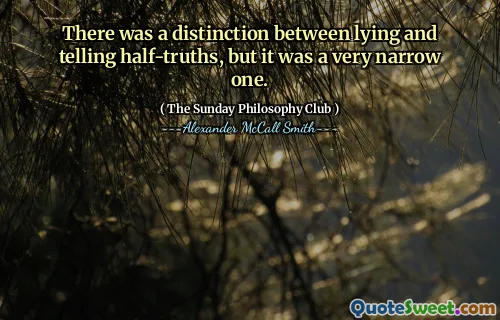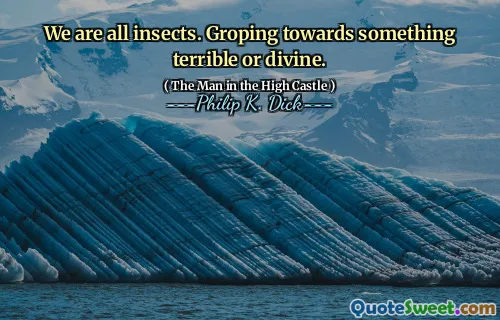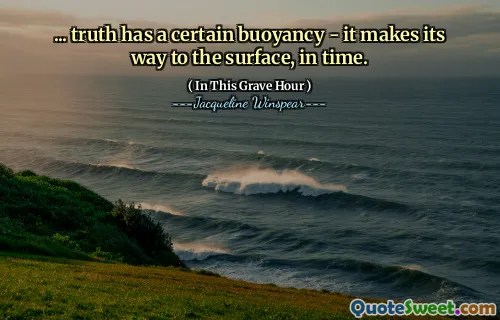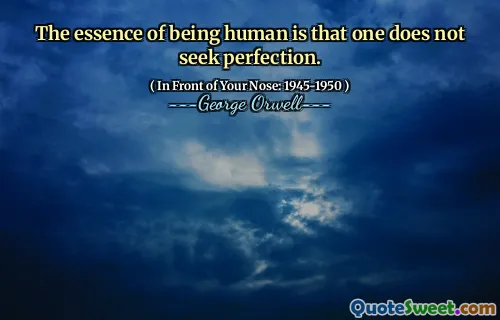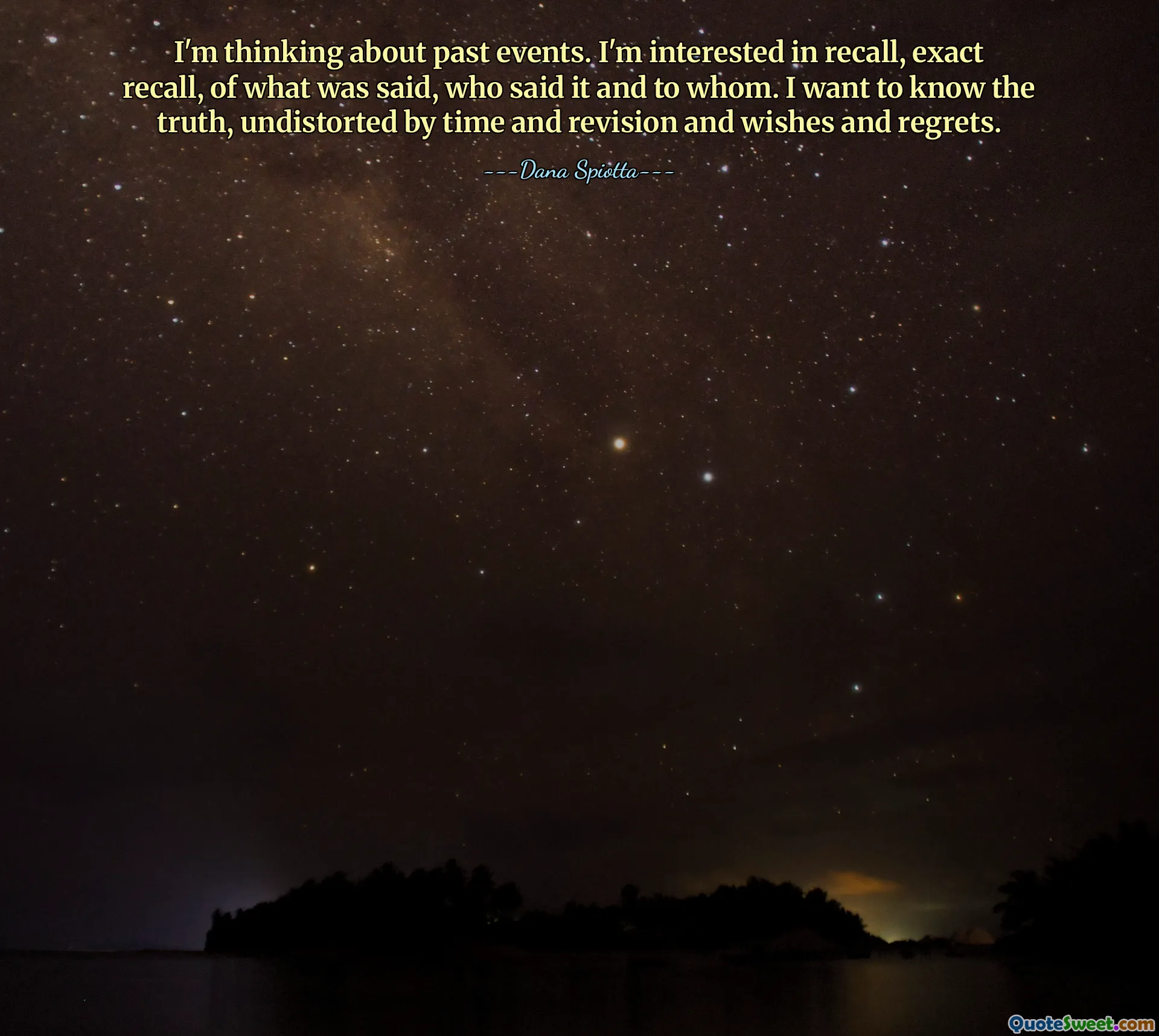
I'm thinking about past events. I'm interested in recall, exact recall, of what was said, who said it and to whom. I want to know the truth, undistorted by time and revision and wishes and regrets.
The yearning for unblemished accuracy in recalling past events underscores a fundamental human desire for truth and authenticity. In an age saturated with misinformation, subjective recollections, and the distortions of memory, seeking the exact details of what was said, by whom, and to whom becomes an act of defiance against the malleability of history. This quest resonates deeply because our memories shape our understanding of ourselves and the world around us; however, they are often colored by emotion, bias, and the inevitable passage of time.
In striving for an undistorted truth, one seeks a foundation that can ground our perceptions and judgments in reality rather than assumption or partiality. This pursuit reflects an acknowledgment of the fallibility of human memory and an aspiration to capture moments in their purest form. It’s an acknowledgment that truth is often elusive, yet worth the effort to chase because it governs our sense of justice, authenticity, and connection to others.
At the same time, this desire also raises thought-provoking questions about whether complete objectivity is possible or even desirable. Memories are inherently subjective, filtered through personal experiences, emotions, and perspectives. Nonetheless, the act of trying to preserve the precise details can serve as a reminder of our human vulnerability and the importance of striving for clarity and integrity in understanding our past. Ultimately, the quest is not just about factual accuracy but also about honoring the reality behind our shared human narratives, recognizing that truth, even if imperfectly understood, anchors us in authenticity amid life's inevitable distortions.







